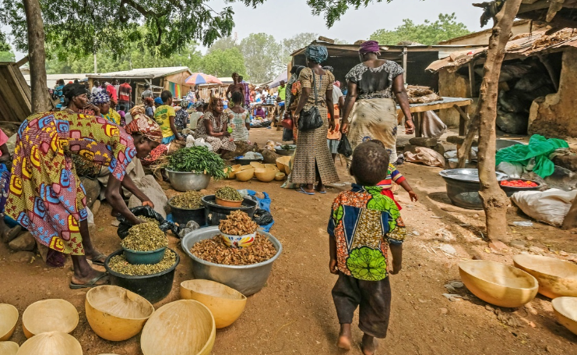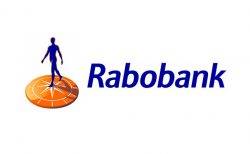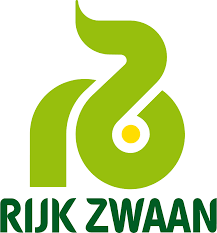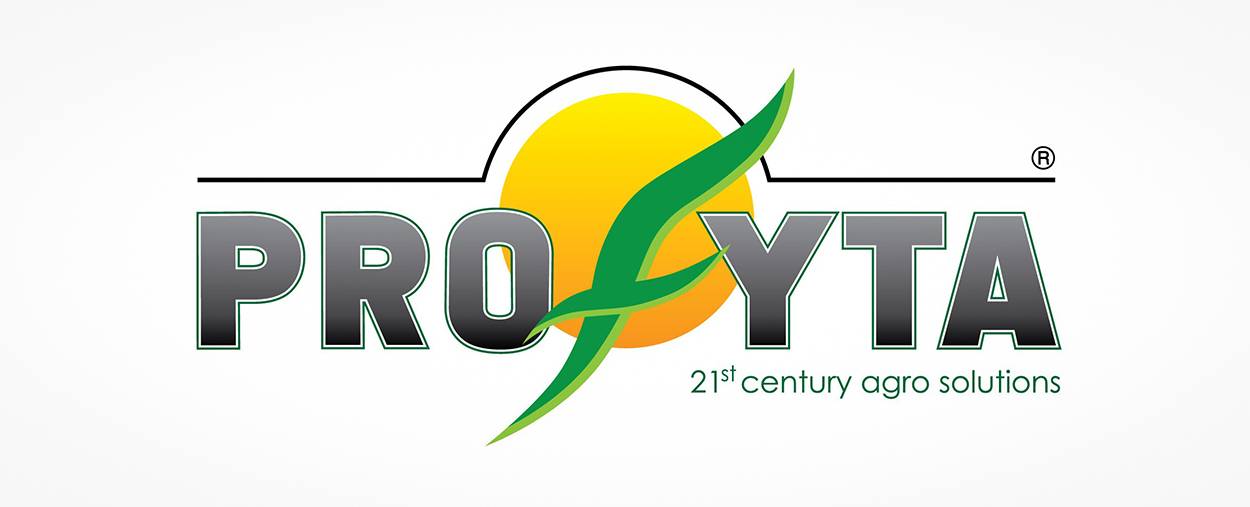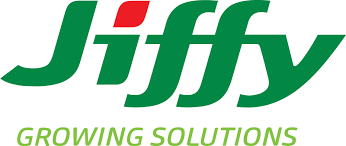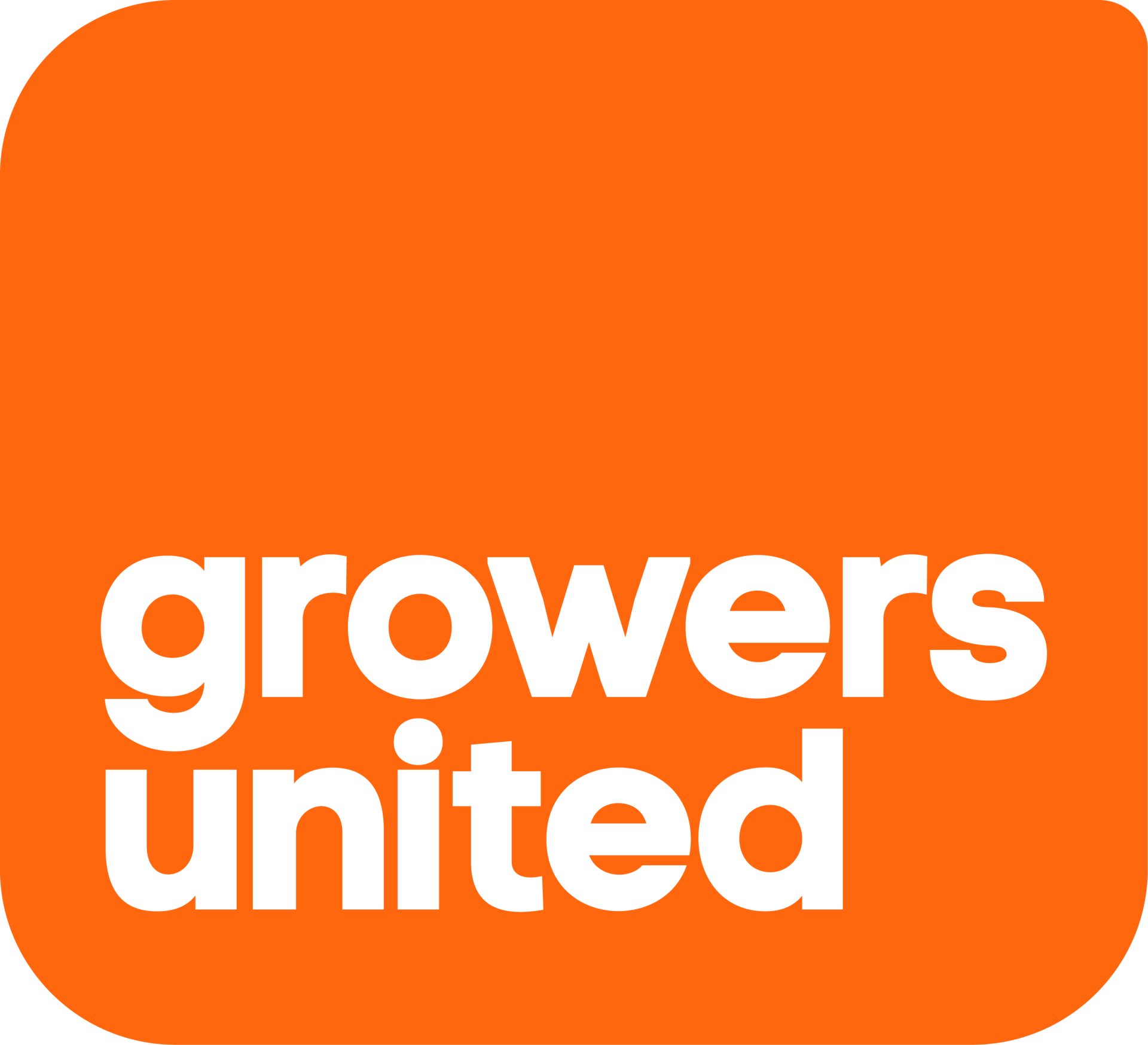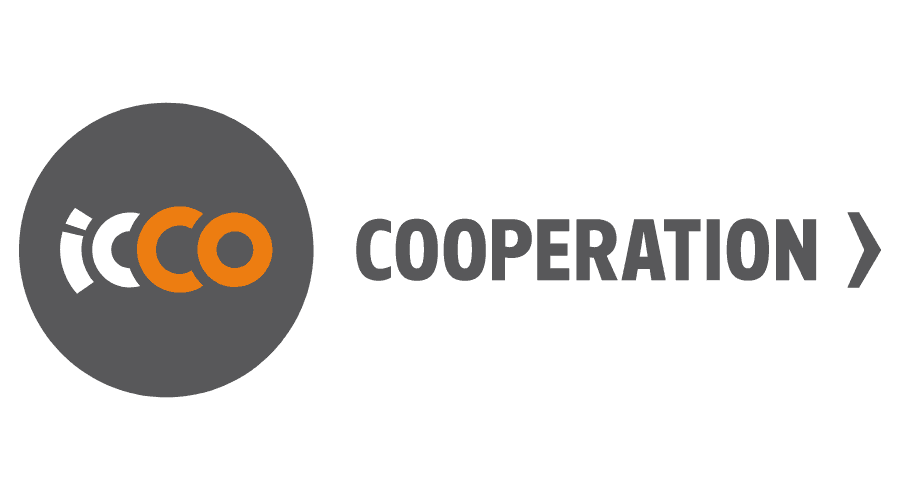Seed2feed participates actively in the network of knowledge institutions including WUR, RUG, EUR, Leiden University, TU Delft, HAS, TU Eindhoven, InHolland, and Lentiz. Students from various major and minor programs contributed to Seed2feed projects, a.o. in Kenya, Ghana, and Uganda. The combined contributions added to our knowledge base and are used in lessons learned to be included in decision-making in subsequent projects.
Internship and master thesis assignments opportunities in horticulture in Africa
Seed2Feed has partnered with Planetary Service to provide unique internship and master thesis research opportunities for students interested in horticulture and sustainable agriculture. Through this collaboration, Planetary Service provides a close supervision and mediation between students and project managers, as well as farmers in African countries. Students will also have the chance to work on extension model farms in developing countries in Africa, gaining hands-on experience and making a meaningful impact on local communities.

Sensor technology for Africa with Profyta – Tanzania
Profyta introduces sensors and new tomato varieties in the African market. The assignment is about sensor technology with the following elements:
- Develop a tool for the graphical presentation of the data
- Turning the initial design of the sensor into a complete and robust weather station.
- The final result should be a complete plug-and-play system for continuous analysis of the data.
- Explore what more can be concluded from the data or should be researched further.
This assignment is open to students with a background in electronics, mechanical engineering, computer science, and industrial design.
Strategic of data-informed horticulture – ImpactCluster Greenport Mouserocco – Agadir
Students will be located at the University of Agadir
- Which combination of sensors and data is the most efficient?
- How can different crops be followed in their growth path efficiently?
- What is the right product-market fit in each season and which “gaps” can be filled by covered cultivation?
- What is the contribution of data-informed horticulture to create a continuous high-quality outflow of vegetable products?
This assignment is open for different study backgrounds, especially computer science, mechanical engineering, entrepreneurship, and electronics.
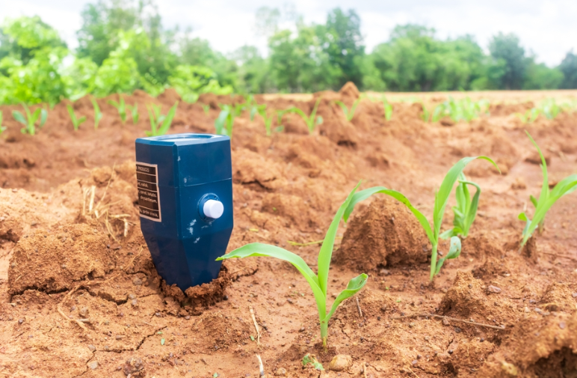
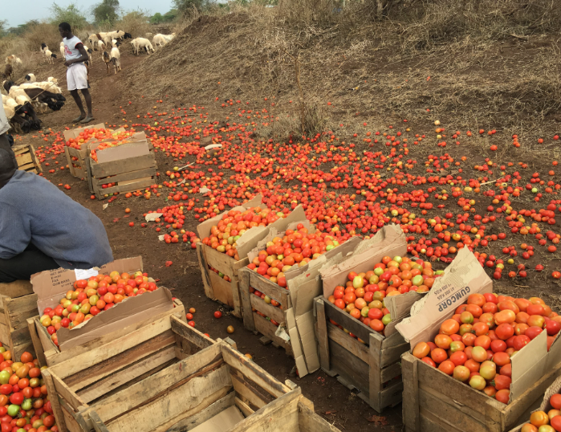
Attractive entrepreneurship options in the food chain – NIMAR in cooperation with ESCA, Casablanca – Rabat
Students will do research from the campus of Casablanca and Rabat
- What is the level of competencies, and skills of people involved in different positions?
- What improvements are needed to reach a level of continuous high-quality production of food, taking into account the capacities and skills, the different roles in the ecosystem, and technologies that are available and affordable?
- To what extent do these practices meet the requirements of future entrepreneurial roles in the ecosystem?
- What are the opinions of the present student generation on the future of food?
- What can be done to turn food and entrepreneurship into attractive options for a future
- student generation?
Open for many study backgrounds, but especially entrepreneurship, management, humanities, and social sciences.
Recycling plastic waste in the horticultural sector – Seed2Feed and Planetary Service
On an ever-increasing scale, plastic-iron greenhouse constructions are introduced in the African market. The lifespan of these plastics is on average between 3 to 5 years. How can these plastics be handled most sustainably in the African context of waste treatment?
Questions among others:
- What regulations (different per country) and technical facilities are present in general and in specific examples (country)?
- What are feasible options to improve the current practices?
- What can horticultural companies, and greenhouse construction companies do to enhance opportunities for efficient disposal and recycling of their product?
This assignment is suitable for students working on their master thesis with a background in management studies, technology policy, mechanical engineering, and chemistry.

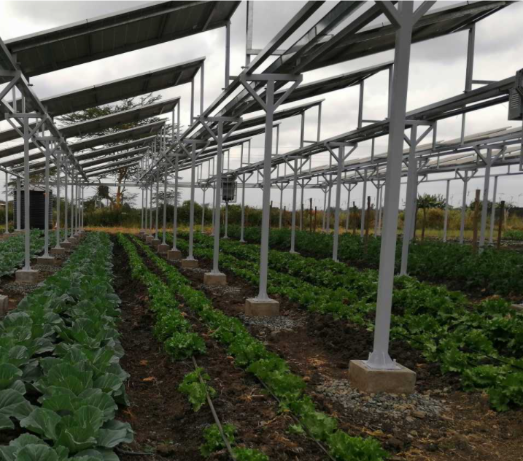
Energy provisions for horticulture in African countries – Seed2Feed and Planetary Service
In startups, and even more so in their growth phases, the availability of electricity/energy is an important issue.
Which scenarios and options are available for horticultural enterprises considering:
- The level of technology (only drip irrigation and light, availability of internet, water pumps, cooling, germination chambers, etc.)
- The location (grid connection, water availability, etc., distance to markets)
- The level of sophistication of the company (basic or high-tech or in between)
- The scale of operations
- The ecosystem of other enterprises (mutual support or competition etc.)
- The presence of enhancing government policies
- The feasibility of the technology itself as a realistic option
This assignment is suitable for students who want to work on their master thesis and whose majors are related to energy technology, entrepreneurship, horticulture, and management studies.
Market exploration for horticultural enterprises in Africanic – Seed2Feed and Planetary Service
Vegetable production in a controlled environment is on the increase in African countries. However, the ecosystem lacks many competitors and suppliers, suppliers providing materials, retailers, supermarkets nearby, means of transport, and cooling systems.
The core of the study is an internship at a specific enterprise in an African country (to be decided) and consists of market research for that specific company:
- How can that company enlarge its outreach?
- What alternative and unthought options for marketing the produce may be available (schools? hospitals? etc.) and how can connections be made?
- Turning that information feeds into the demands for production: volume, quality, capacities/skills, and technology
